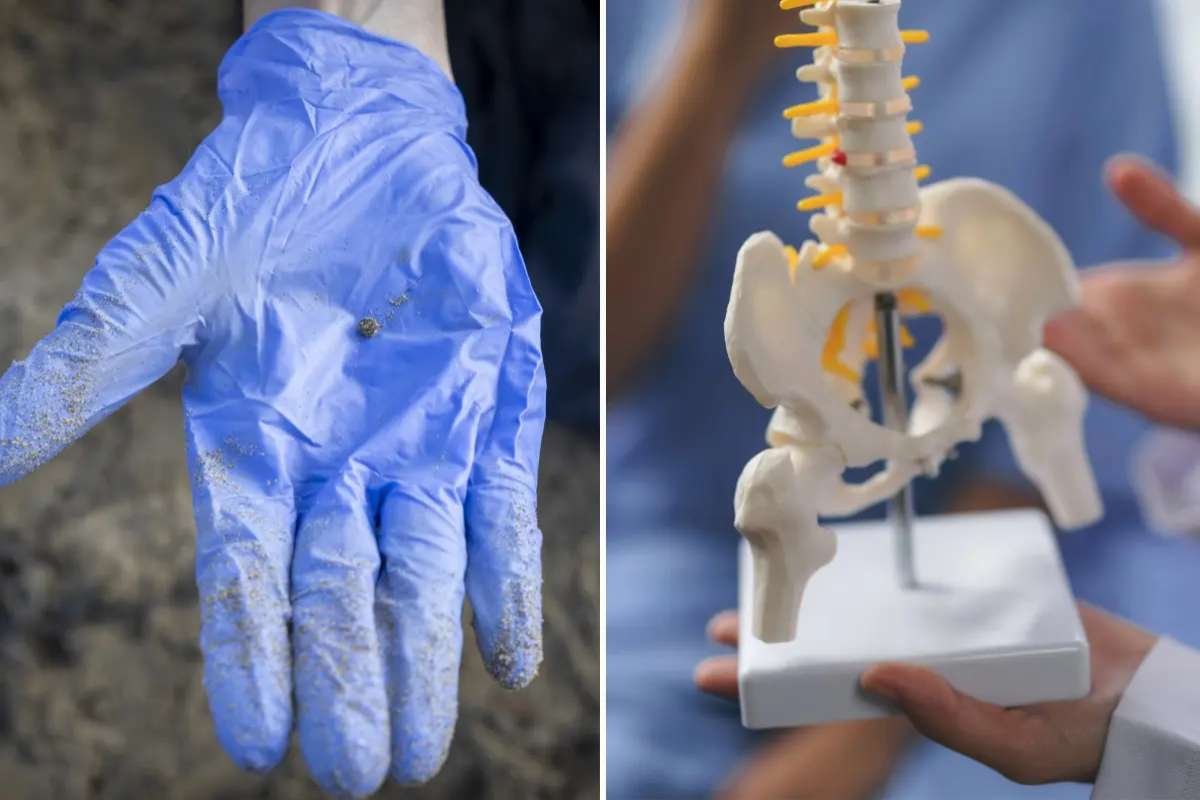Unraveling a Century-Old Mystery
In a significant scientific breakthrough, a research team from Pohang University of Science and Technology (POSTECH) has uncovered the long-elusive molecular mechanism responsible for crossover interference during meiosis. This fundamental biological process, elucidated in a study published in the prestigious journal Nature Plants on February 20, sheds light on how genetic diversity is generated in sexually reproducing organisms like plants.
The Significance of Meiosis and Crossover
Meiosis, a crucial process in sexual reproduction, creates genetically diverse reproductive cells such as sperm and eggs in animals and pollen and ovules in plants. Unlike somatic cell division, which results in identical genomes, meiosis introduces genetic variation through crossovers. These crossovers play pivotal roles in biodiversity and have profound implications in agriculture, particularly in breeding programs aimed at developing crops with desirable traits.
Unveiling the Molecular Mechanism
The research team, led by Professor Kyuha Choi along with Dr. Jaeil Kim and PhD candidate Heejin Kim, utilized advanced genetic screening techniques to investigate meiotic crossover rate mutants in Arabidopsis thaliana. Through this approach, they identified a mutant named hcr3 (high crossover rate3) exhibiting an increased crossover rate due to a point mutation in the J3 gene. Further analysis revealed that the HCR3/J3/HSP40 co-chaperone network, along with the chaperone HSP70, regulates crossover interference by facilitating the degradation of the pro-crossover protein, HEI10 ubiquitin E3 ligase.
The study’s findings provide crucial insights into the mechanisms underlying crossover interference, a phenomenon identified over a century ago by fruit fly geneticist Hermann J. Muller. By understanding and manipulating molecular mechanisms, researchers anticipate gaining greater control over crossover rates, potentially leading to accelerated breeding of crops with specific desired traits.
The research, supported by various funding sources including the National Research Foundation of Korea, holds promise for agricultural applications. Professor Kyuha Choi expressed optimism, emphasizing the potential to identify useful natural variations responsible for traits such as disease and environmental stress resistance, improved productivity, and high-value production.
In summary, this groundbreaking study not only solves a century-old puzzle in the life sciences but also paves the way for advancements in agriculture, offering the possibility of faster and more efficient crop breeding methods.
Also Read: Researchers Uncover Molecular Mechanisms Behind Mammalian Hibernation







